
How Companies Win
Profiting from Demand-Driven Business Models No Matter What Business You're In
ISBN: 9780062000453
Pages: 272
Recommendation
The concept of supply and demand has a venerable history. Scottish social philosopher Adam Smith used the phrase in An Inquiry into the Nature and Causes of the Wealth of Nations. Other great economists and thinkers, from John Maynard Keynes to John Kenneth Galbraith, covered it extensively. Today’s wisdom: Forget about it. Consultant Rick Kash and executive David Calhoun turn this bedrock concept inside out, transforming it into the “Law of Demand and Supply.” They explain why businesses that focus on supply and attempt to force demand to align with it will lose big. The sooner sellers accept the reality of the demand economy and adjust, the better chance they will have to survive rocky economic times and flourish in the years to come. getAbstract finds that this book conveys an important message to business leaders. While these authors may not be Smith, Keynes or Galbraith, they certainly have a keen grasp of big concepts.
Summary
About the Authors
Rick Kash, founder and chairman of The Cambridge Group, also wrote The New Law of Demand and Supply. David Calhoun, chairman and CEO of The Nielsen Company, was vice-chairman of General Electric.








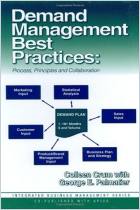
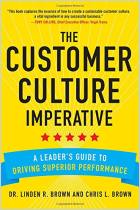
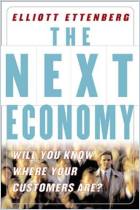
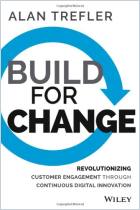
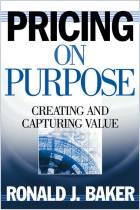
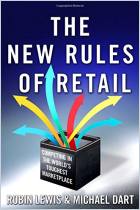





Comment on this summary or Diskussion beginnen